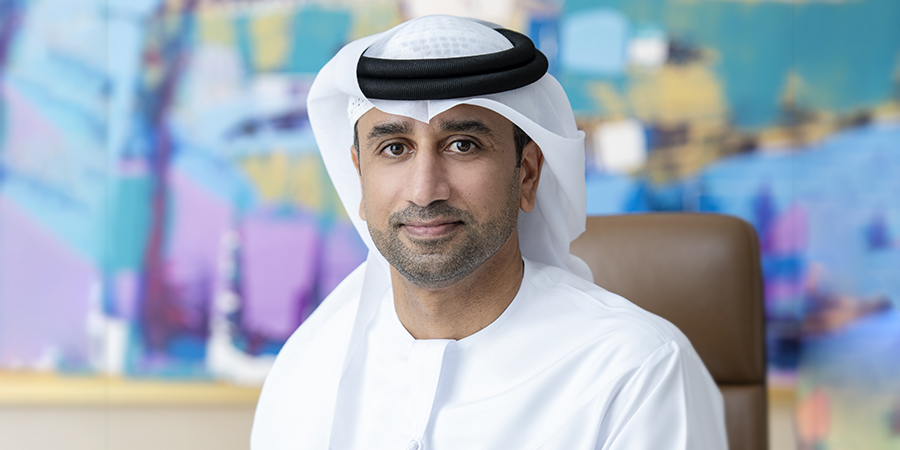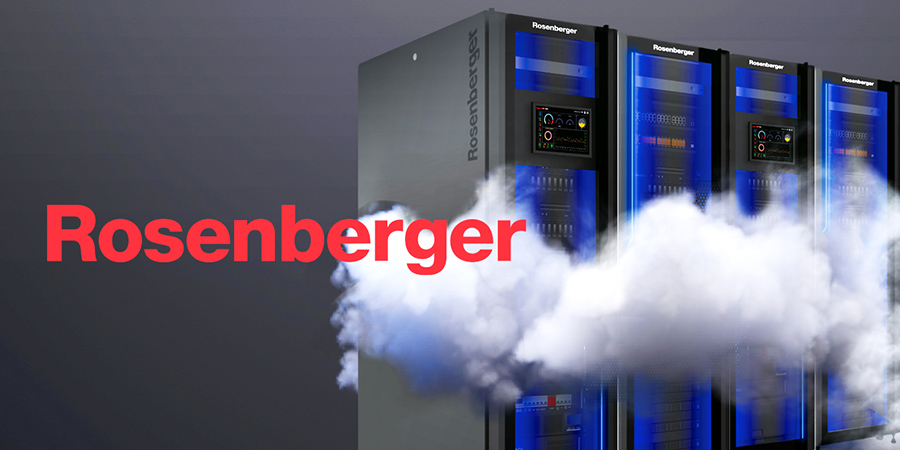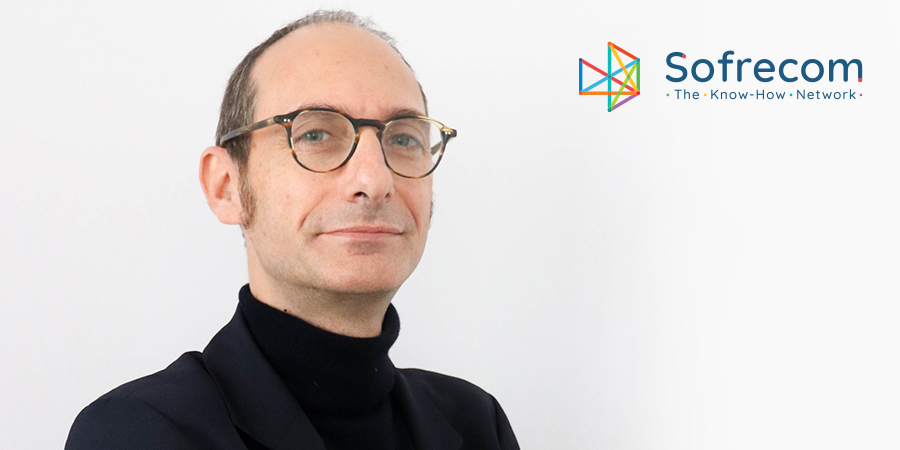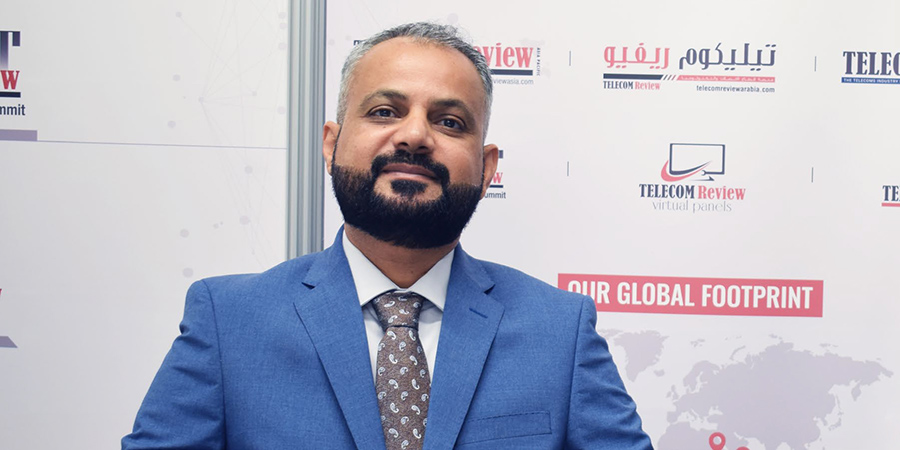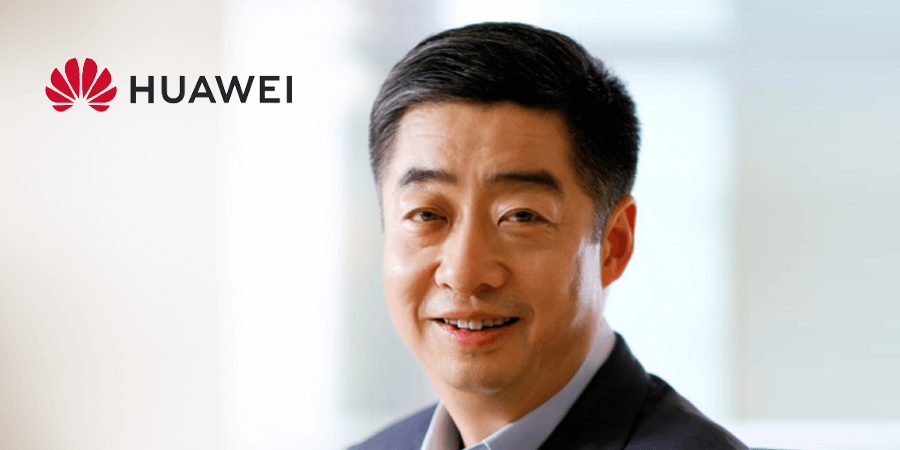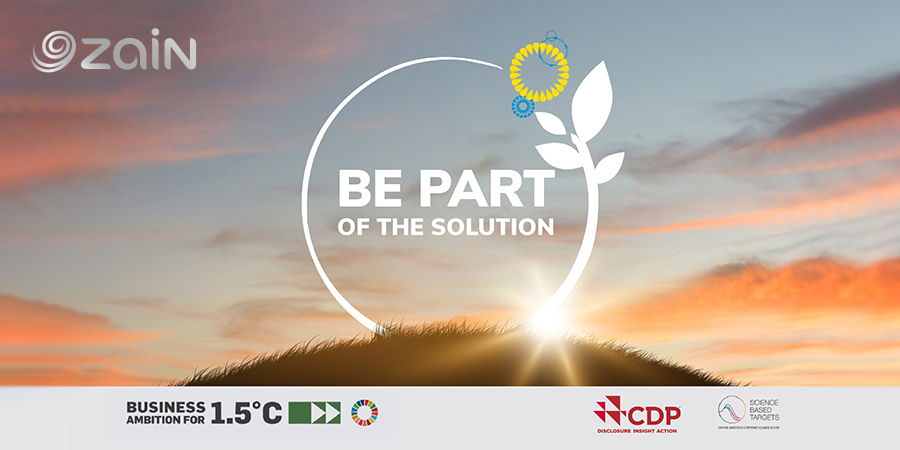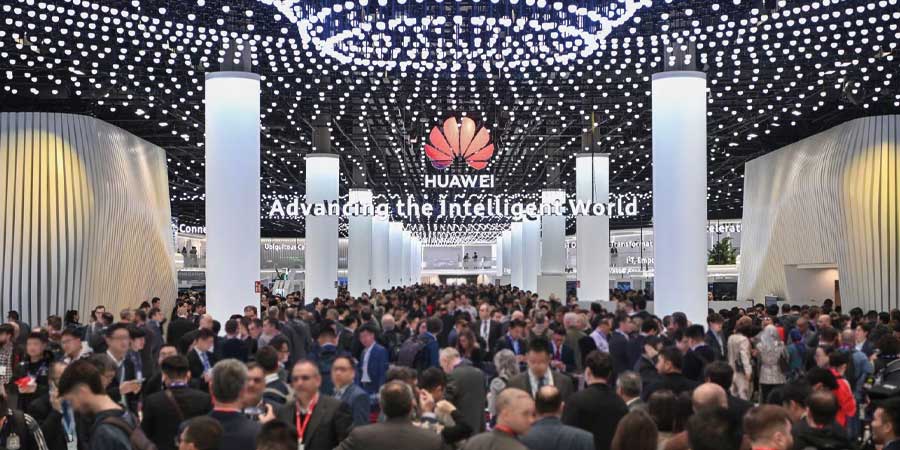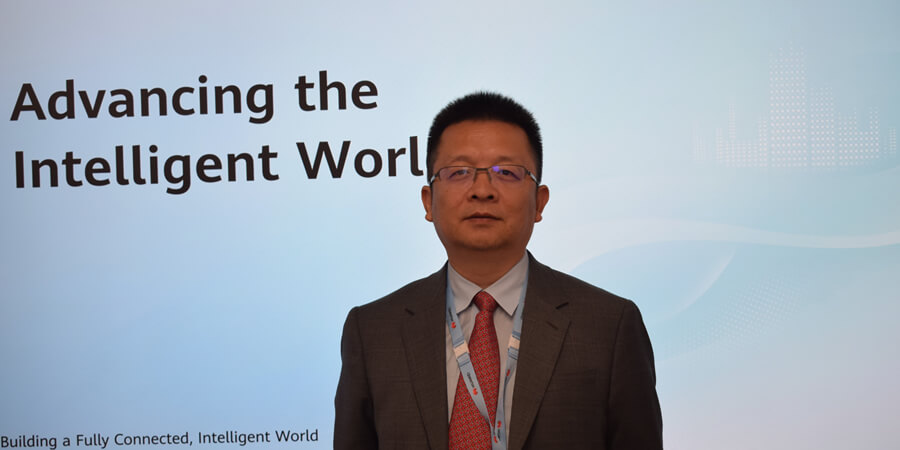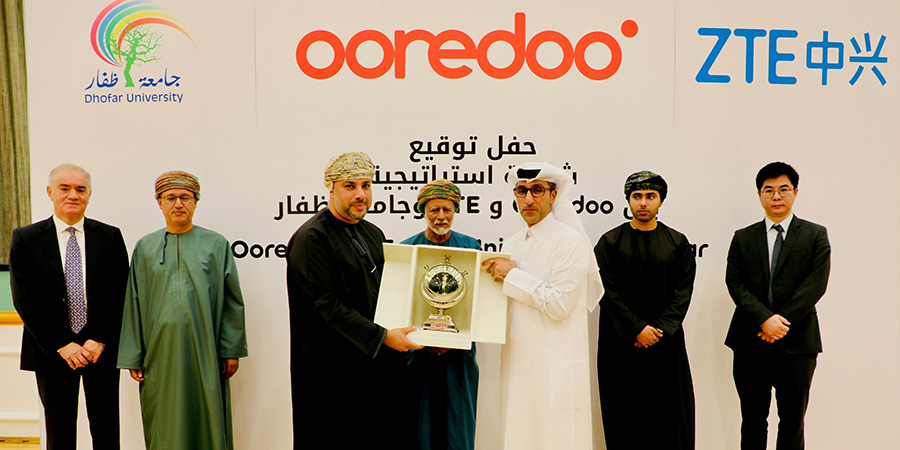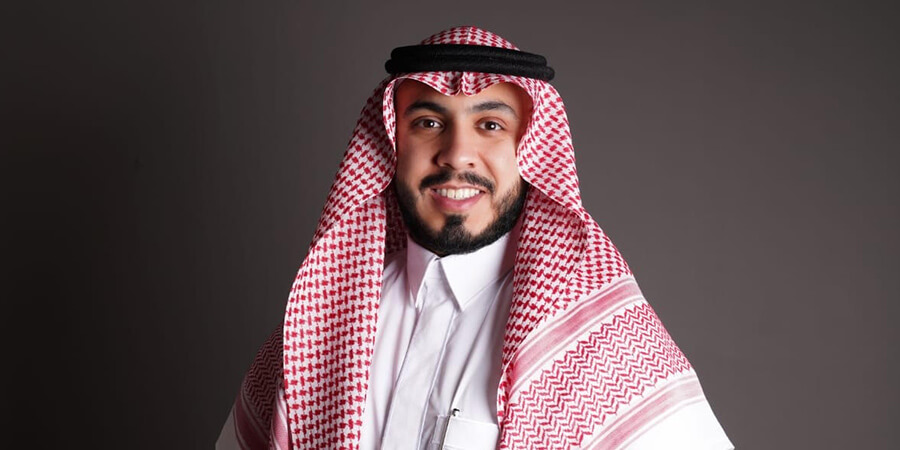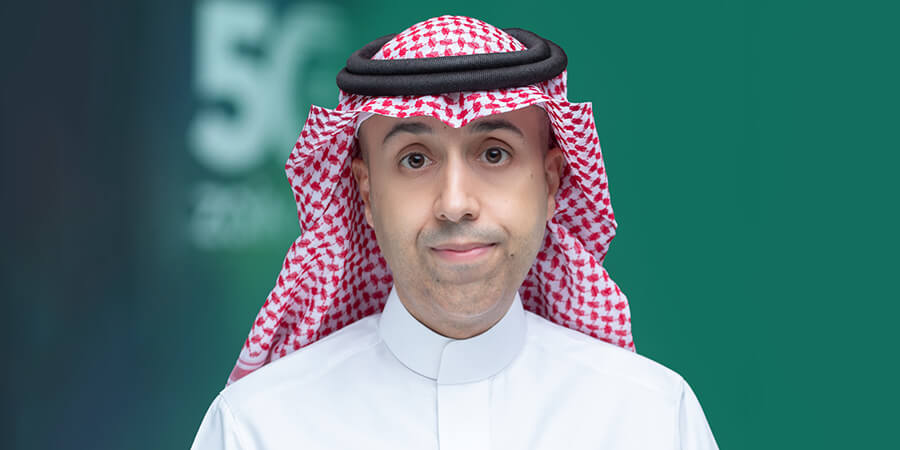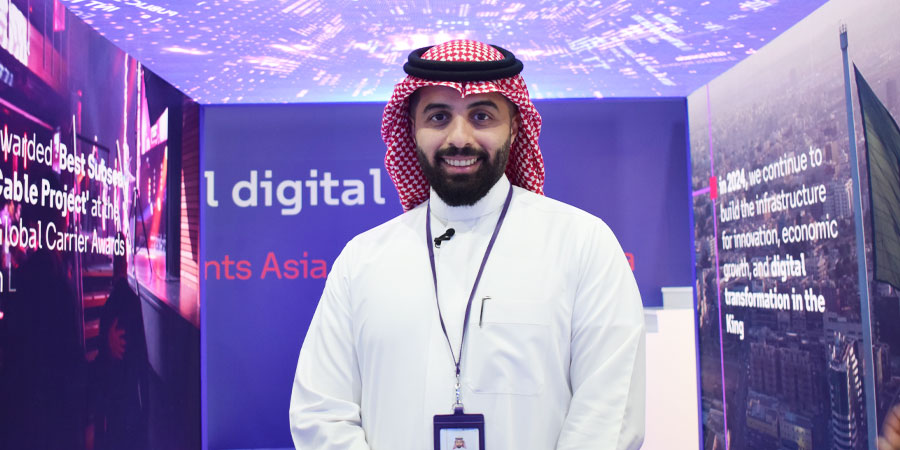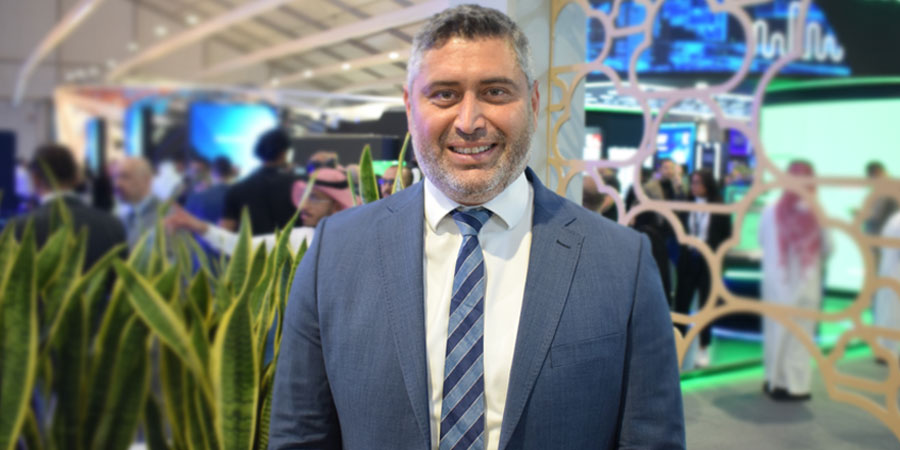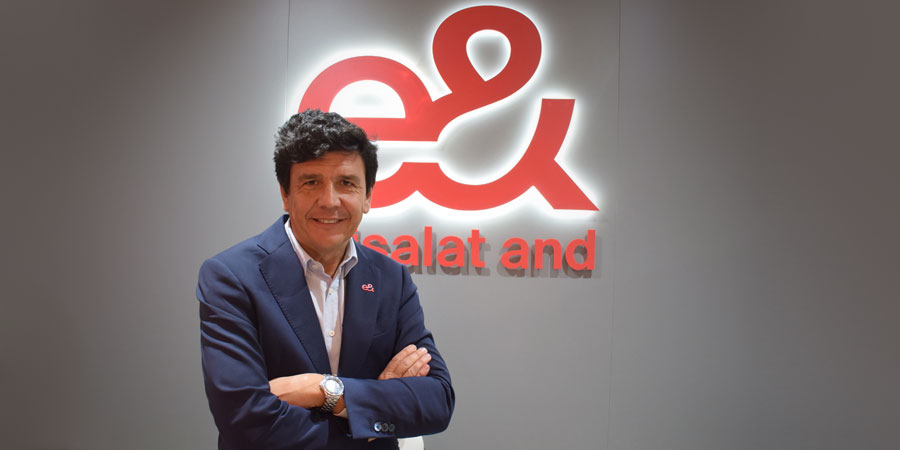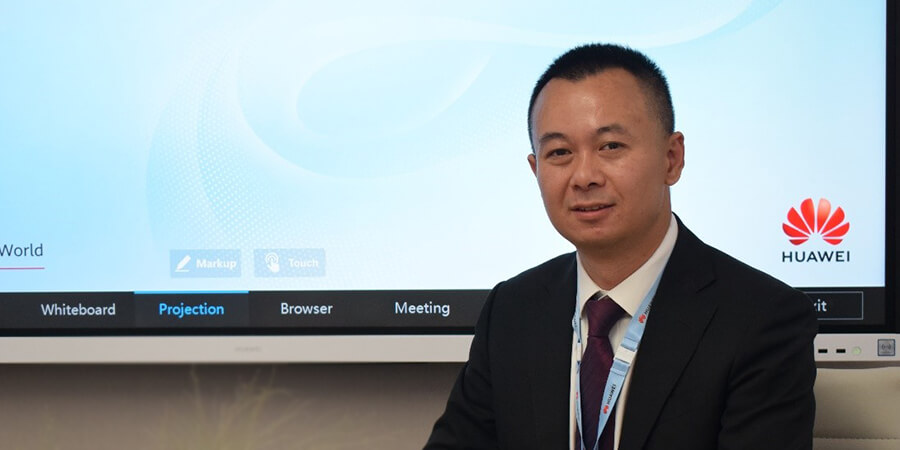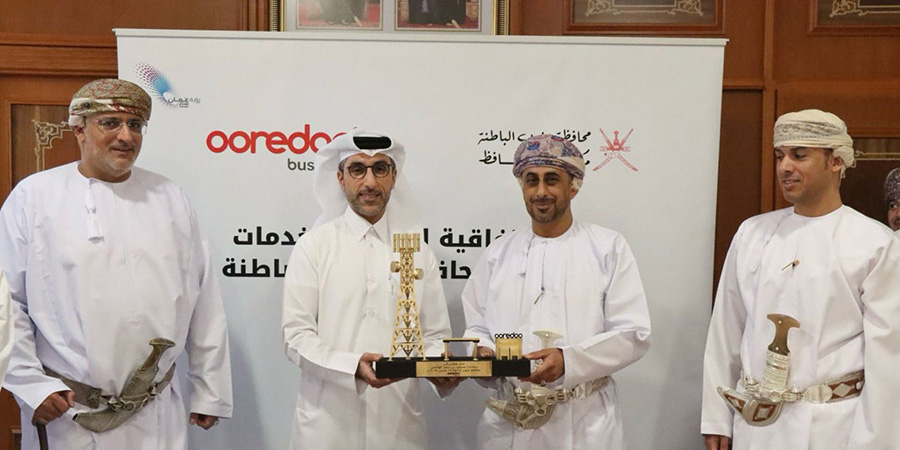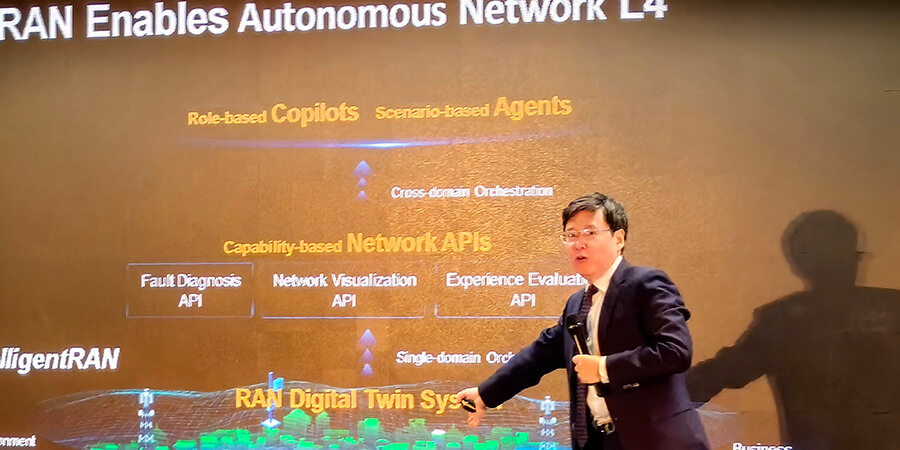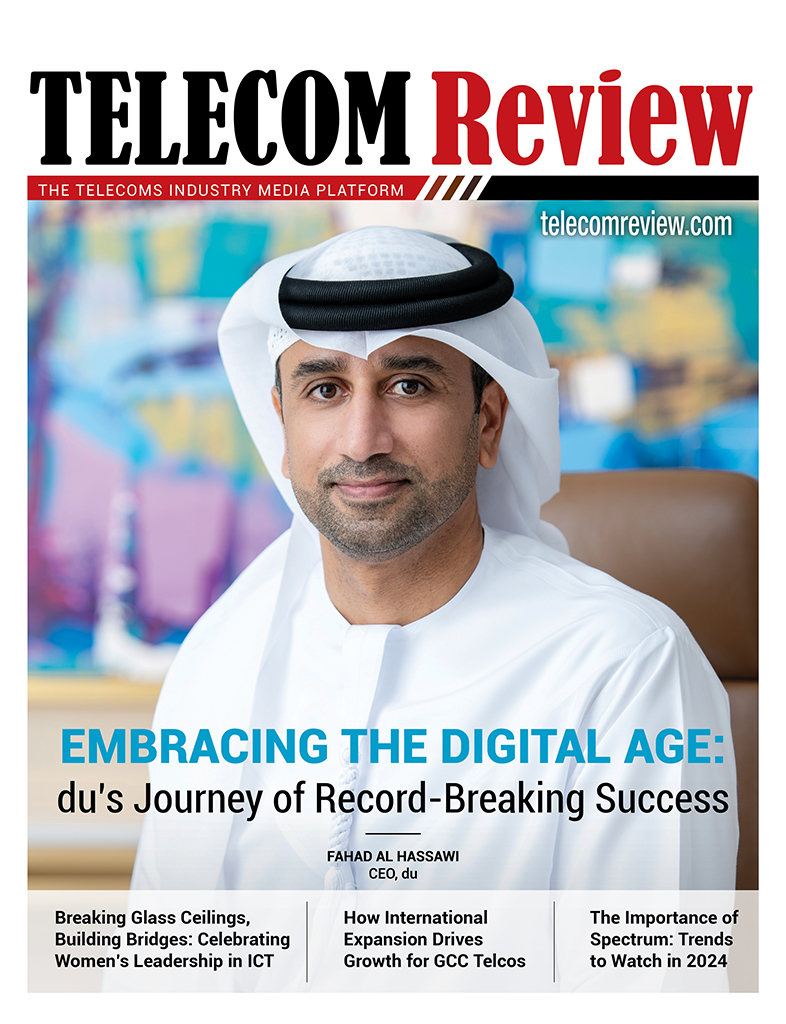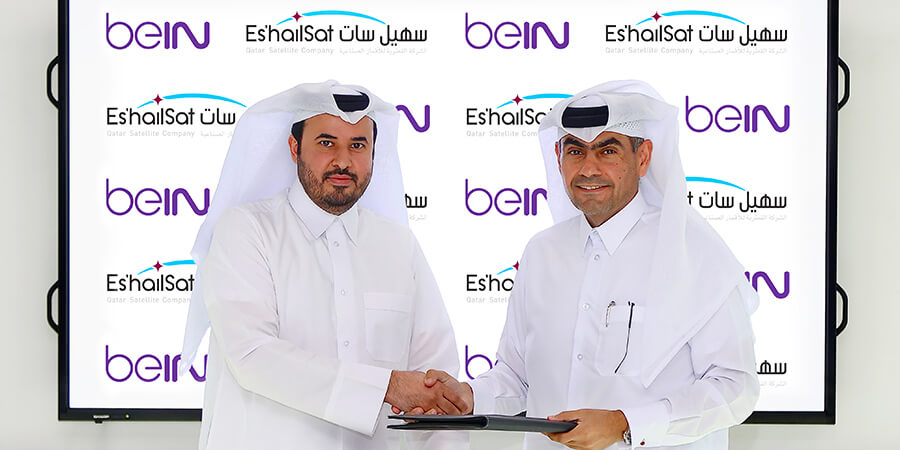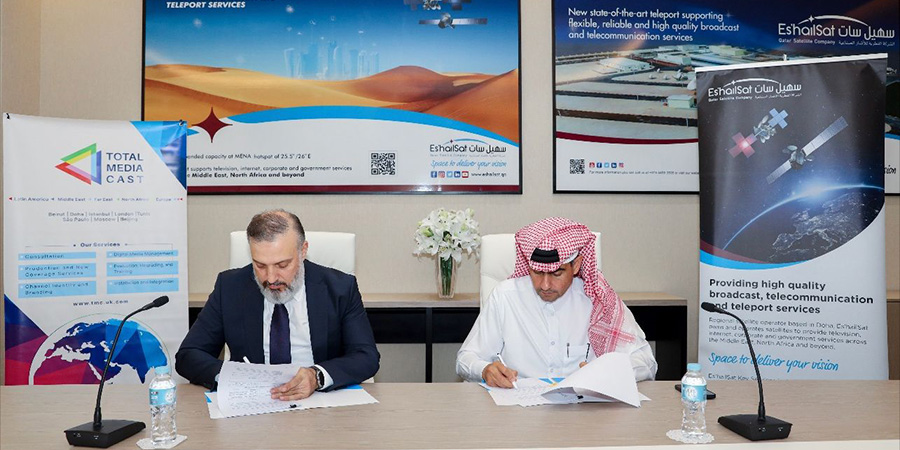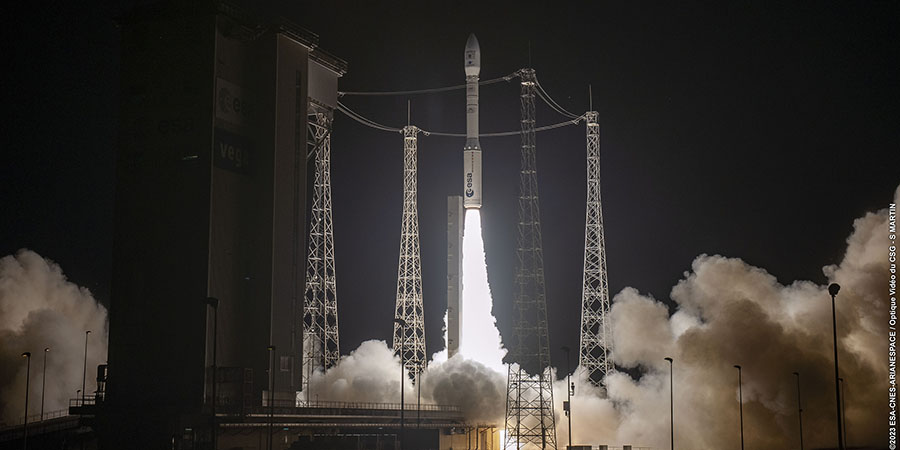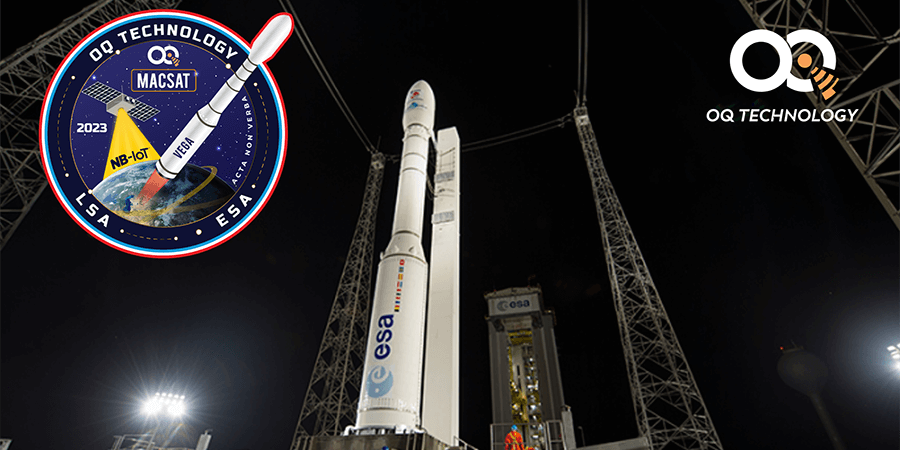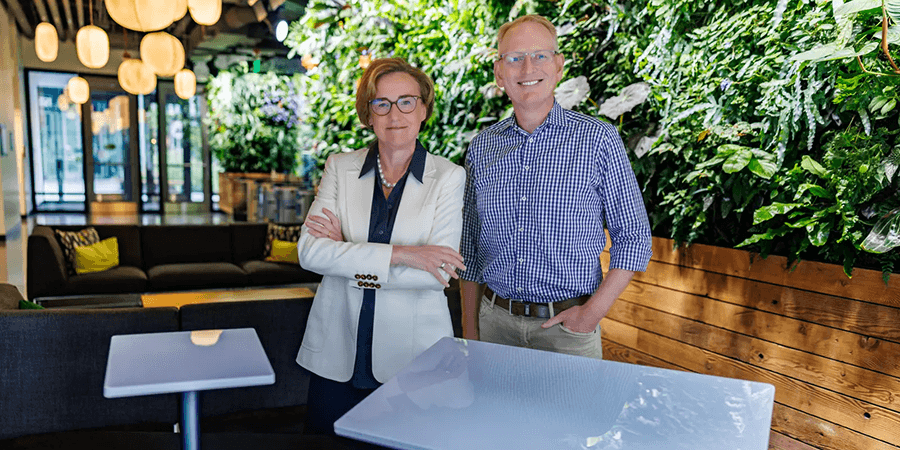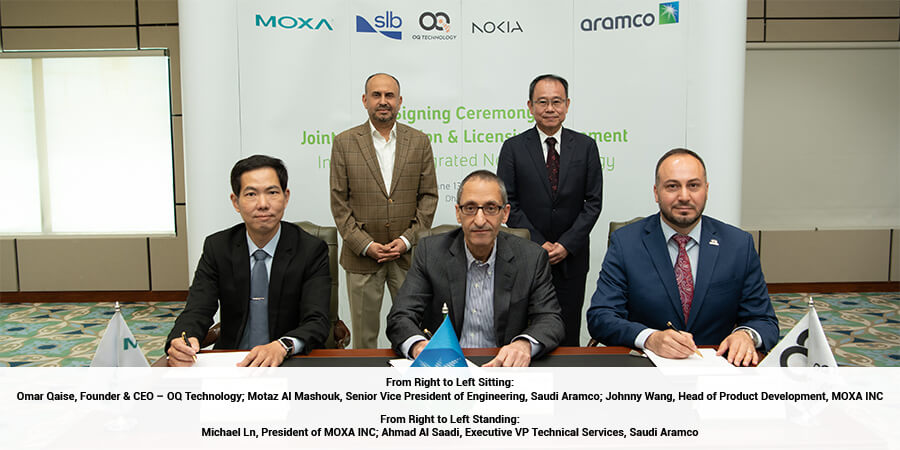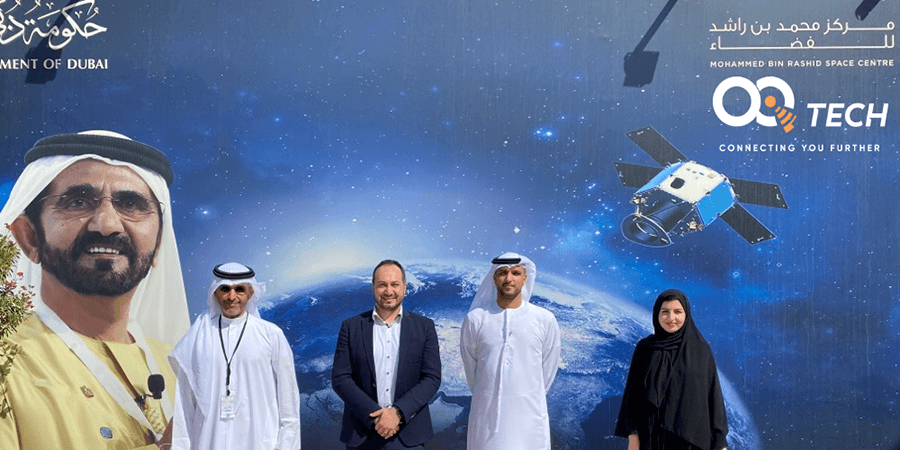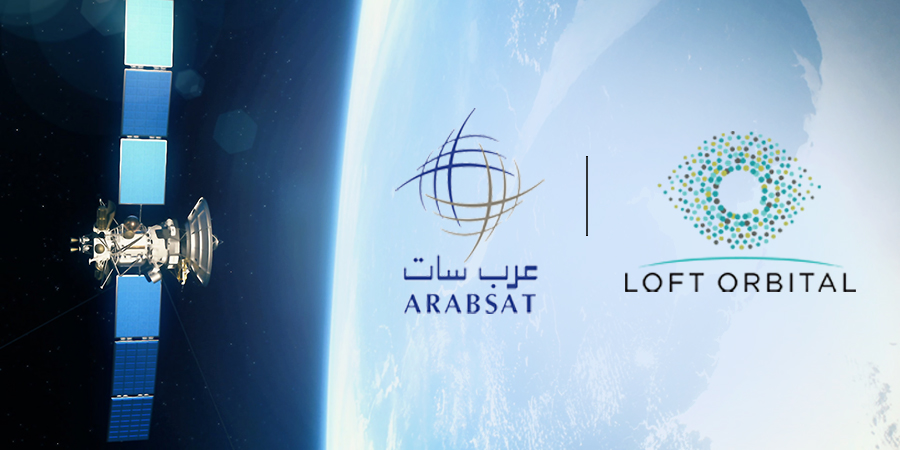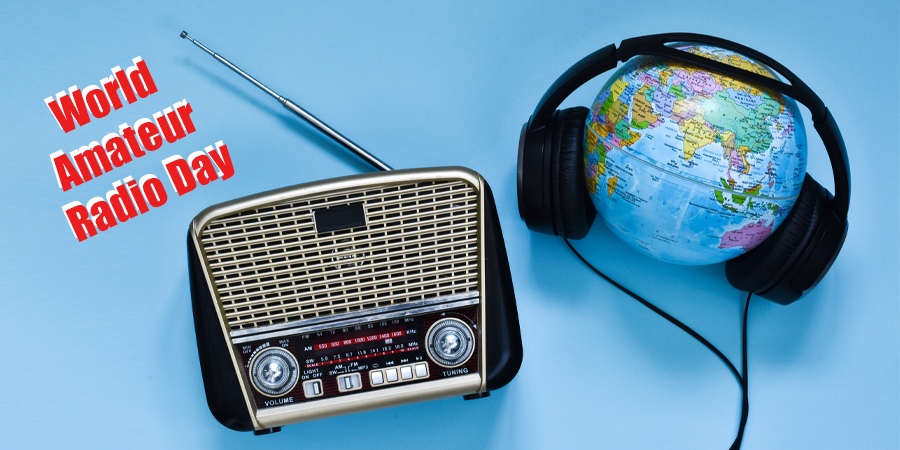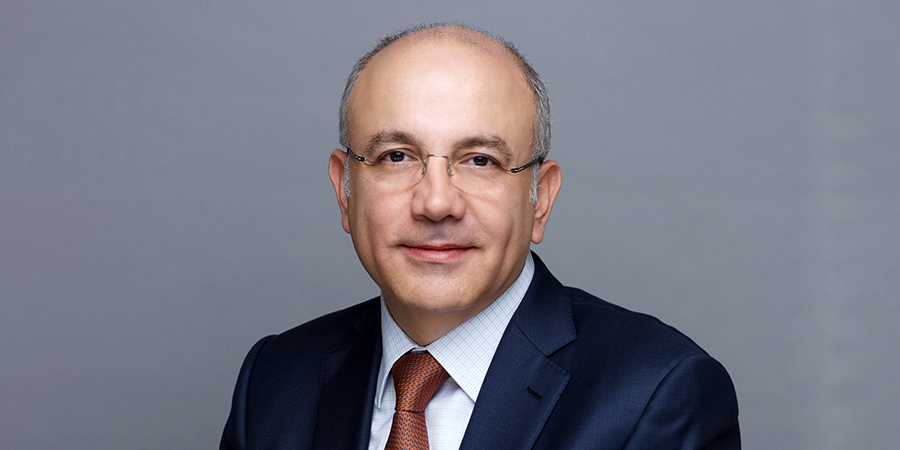In 2016, the Communications Regulatory Authority (CRA) met full and diverse range radiocommunication spectrum needs for the State of Qatar issuing a total of 4,059 (up by 145% from 1,654 licenses in 2015) spectrum licenses during the year. The number of frequencies assigned also increased significantly to 2,538 (up by 117% from 1,167 in 2015).Type approval certificates issued for radio and telecommunications terminal equipment (RTTE) remained relatively unchanged at 1,114 (from 1,212 in 2015).
In 2016 CRA also finalized the National Frequency Allocation Plan (NFAP) with appropriate consideration to planning of projects in sectors that are critical to Qatar's economy. NFAP is a comprehensive frequency allocation document that provides a transparent, non-discriminatory and predictable approach to spectrum management and to reserve appropriate spectrum for future innovative technologies. It also integrates planning of new mobile broadband technologies, public protection & disaster relief measures, unmanned aircraft systems, global flight tracking, maritime safety, amateur radio.
CRA also played a significant role in supporting spectrum requirements of 14 major events during the year including Commercial Bank Qatar Masters Golf Tournament, Qatar Ladies Open, H.H. Emir Cup - Bowling, Cycling Tour of QATAR, Qumra Festival, AJYAL Youth Film Festival, Motocross Championship, Qatar MotoGP, SBK Superbike FIM World Championship, World Touring Car Championship (WTCC), UCI Road World Championships Doha, Qatar Total Open 2016, Qatar ExxonMobil Open 2016 and Qatar National Day event.
“We were very busy last year in all matters relating to the management of frequencies in Qatar, as the figures indicate, there is rapidly growing demand for Spectrum across the nation. Radio Spectrum a fundamental, finite and valuable national resource and its careful management is critical to the smooth running not only of major global events taking place in Qatar, but everything from Information & Communications Technology (ICT) and other nationally important sectors, as the effective management of this scarce resource ultimately impacts the country's GDP,” said His Excellency Mohammed Ali Al-Mannai, President of CRA.
CRA received 84 spectrum interference cases and conducted 11 investigations of quality of service relating to the complaints received during 2016. Furthermore CRA conducted two routine inspections of shops selling radio and telecommunication equipment and a total of 79 violation notices were issued for using or selling equipment without valid licenses. CRA's inspection team visited a total of 195 stores during the year, targeting popular locations for sale of communication equipment including malls, souks, commercial areas, as well as neighbourhood grocery stores.
In 2016, CRA proposal to reduce the annual license fees for VHF Radio for small ships, and dual-band radio for hunting was approved by the Cabinet, thereby reducing the fee for the above from QAR 500 to QAR 100 per year.
CRA regulates the import and dealings of radio and telecommunications equipment including, but not limited to the sale of cellular phones and private mobile radio devices as such, CRA issued 363 import authorization licenses and received 24,670 custom clearance applications last year. As of the beginning of the 2016 the CRA started providing authorizations for import of telecommunications and radio equipment to businesses through the Qatar Government Portal - 'Hukoomi'.
The Communications Regulatory Authority (CRA) is the communications regulator in the state of Qatar established by virtue of Emiri Decree (42) in 2014. CRA regulates the communications & information technology and postal sectors, and access to digital media. CRA uses its regulatory powers mandated by the Emiri decree to protect consumer rights, ensure competition, manage the resolution of disputes, and manage the electromagnetic spectrum. In all its activities, the CRA seeks to ensure the provision of advanced, innovative and reliable ICT and postal services across the state of Qatar.






